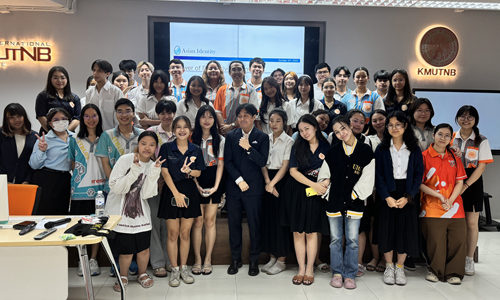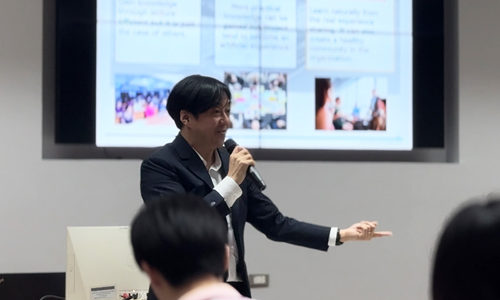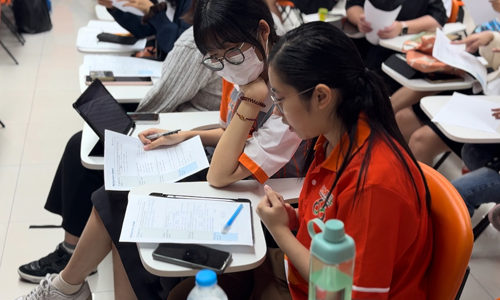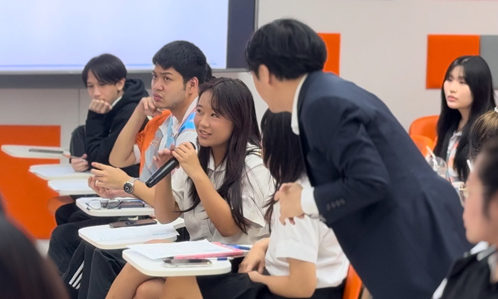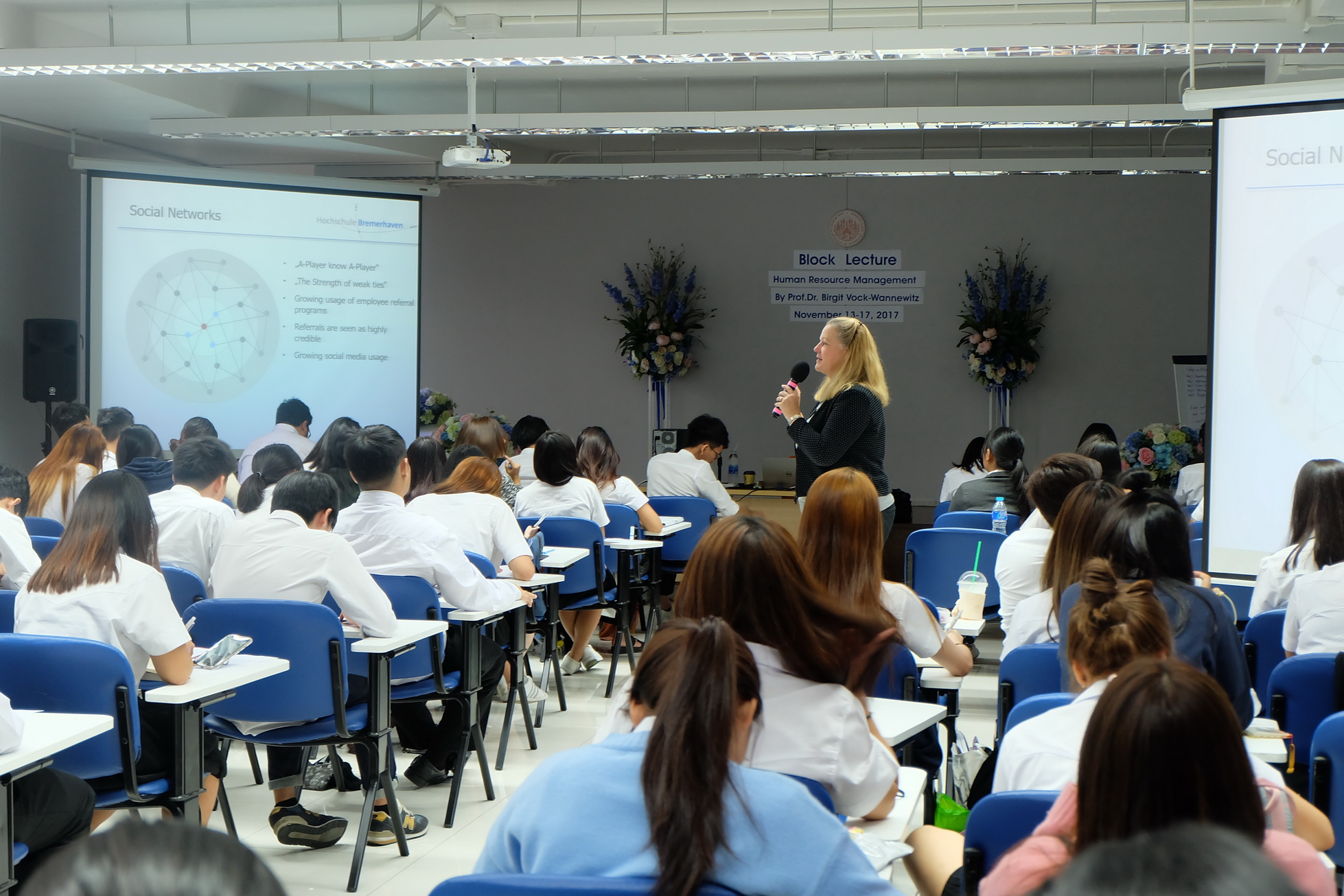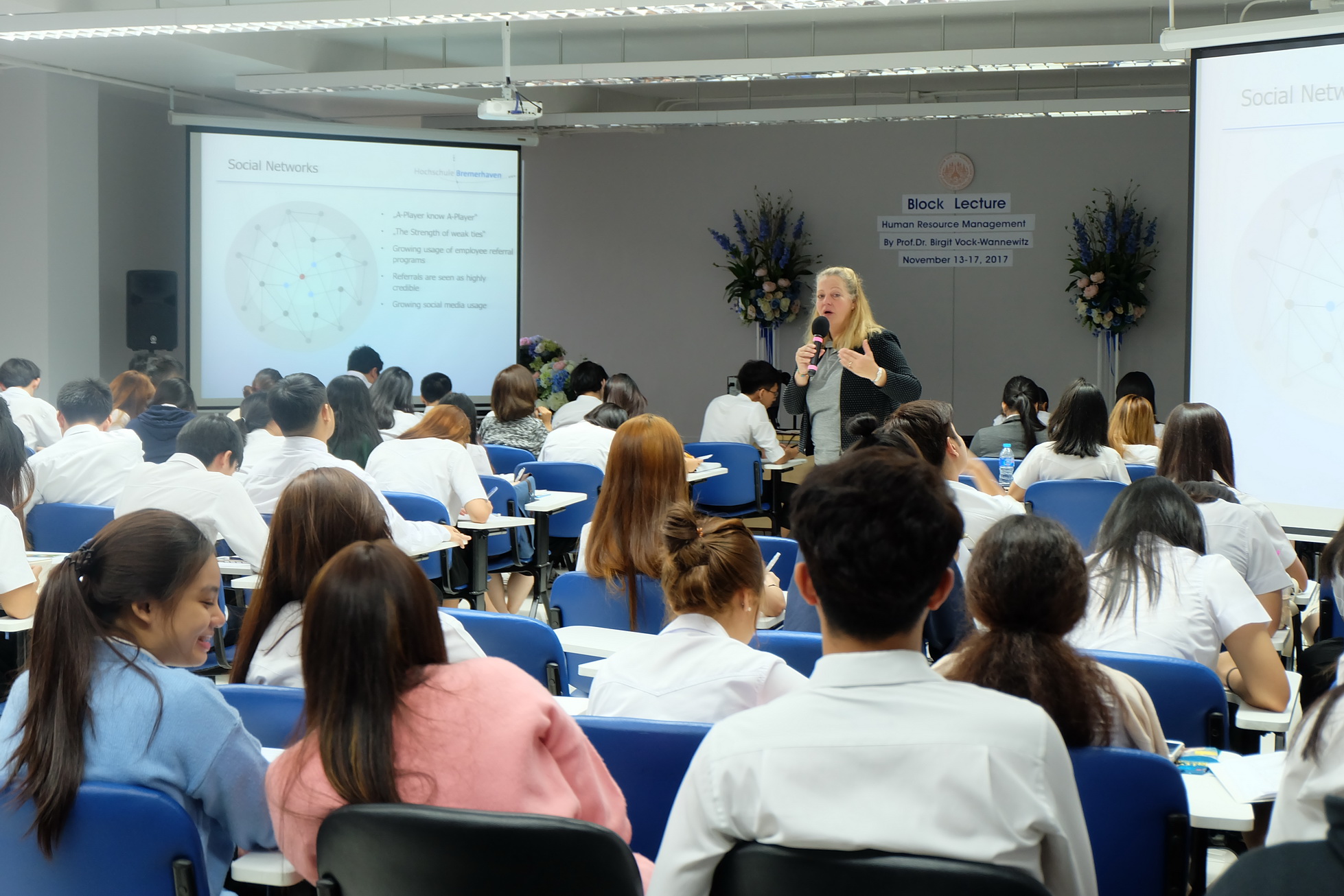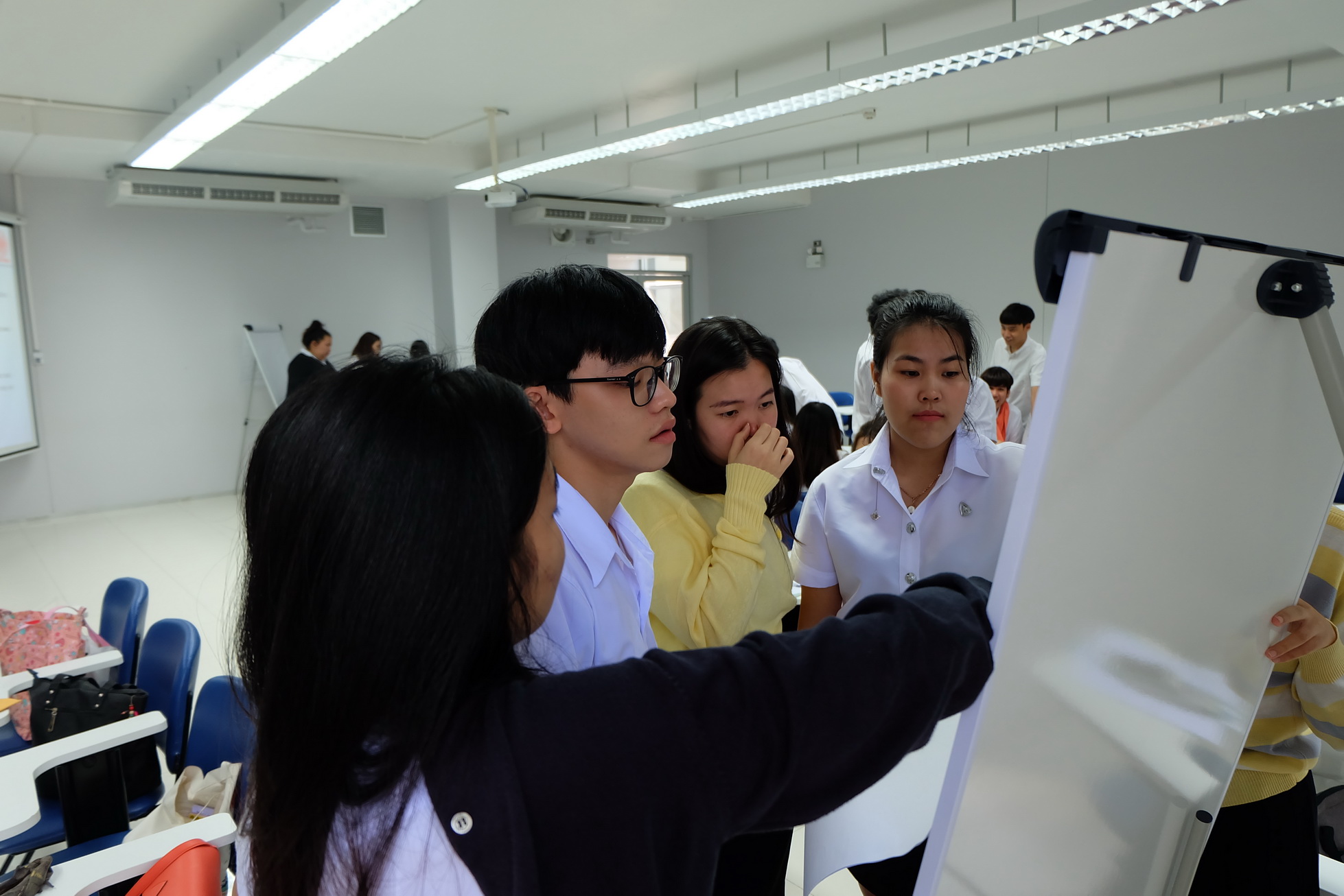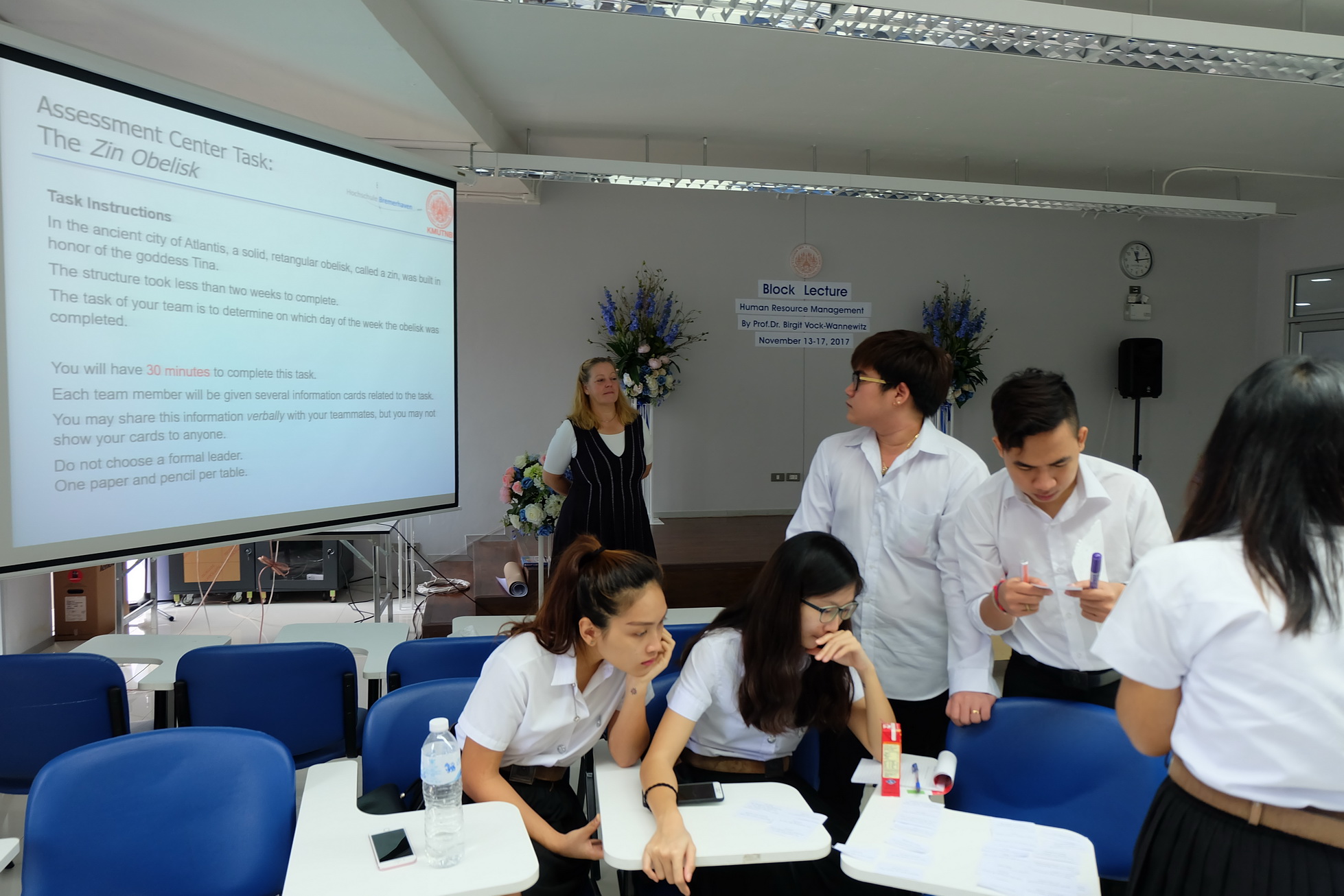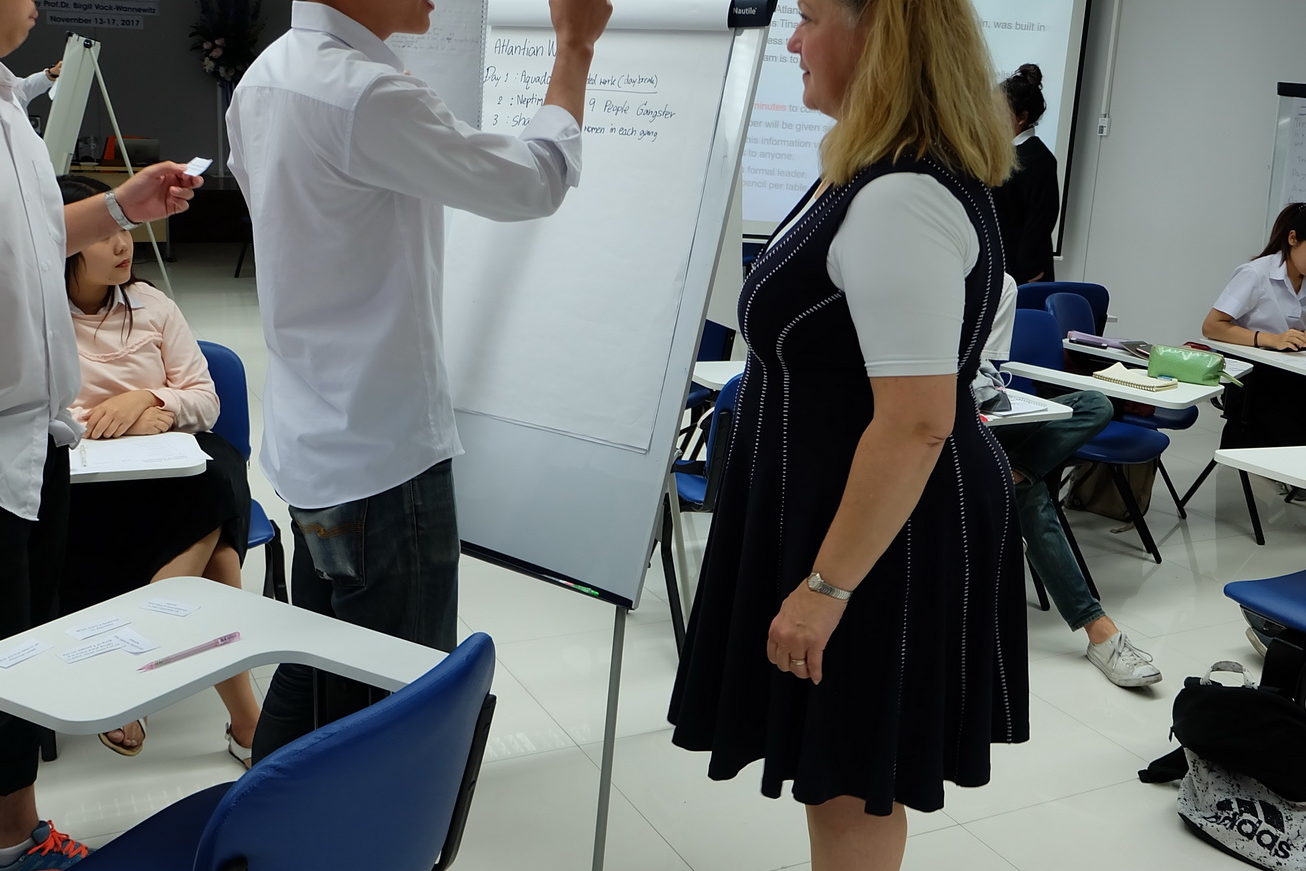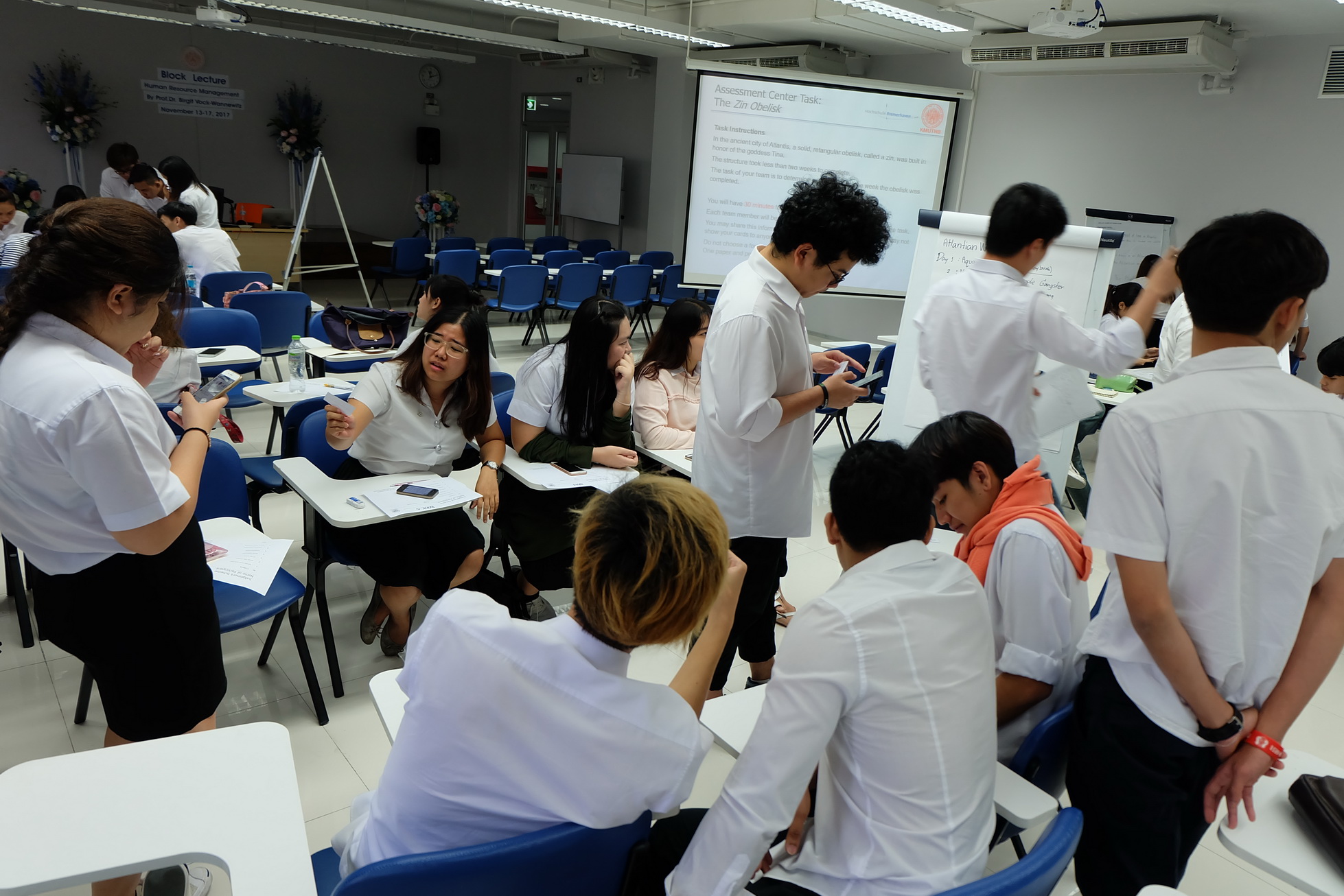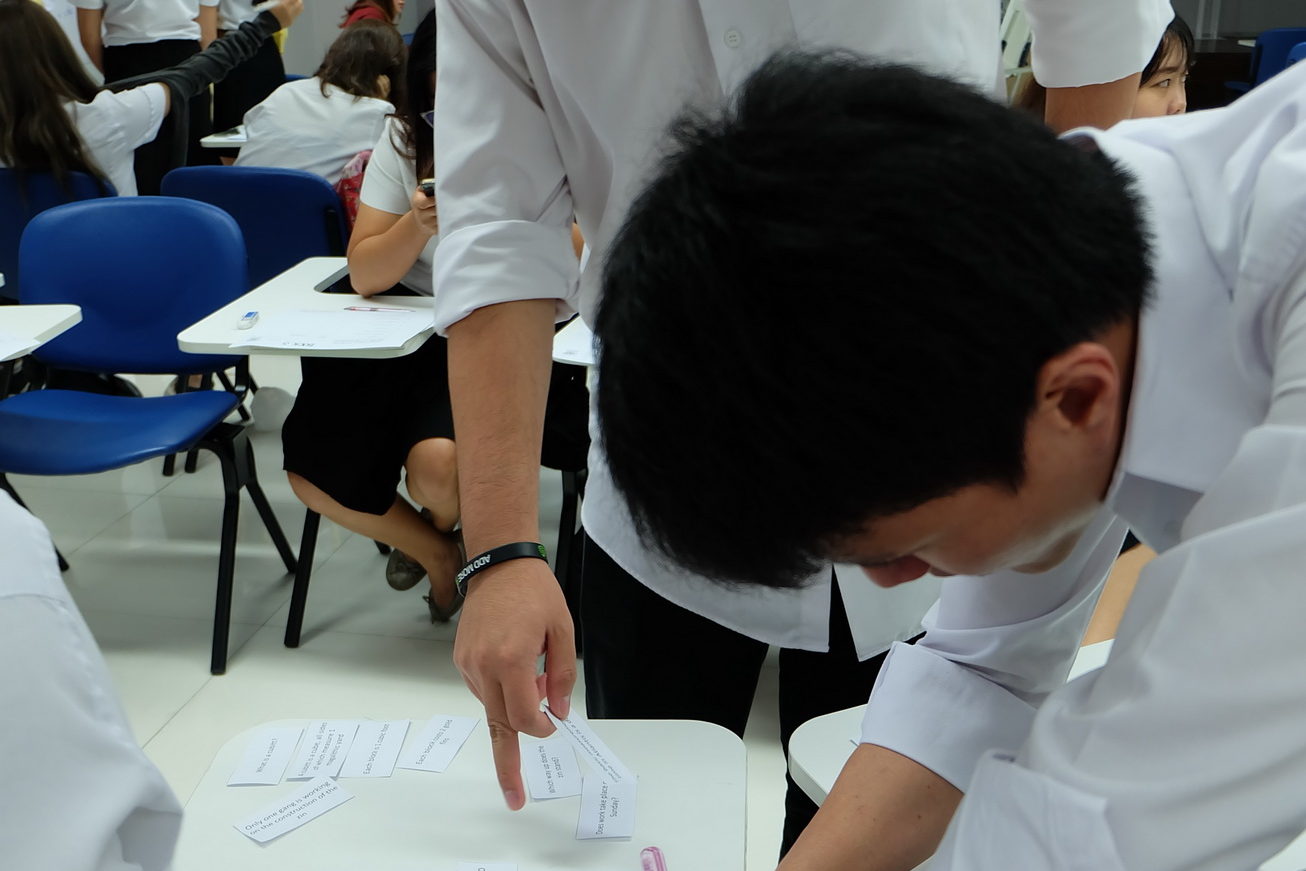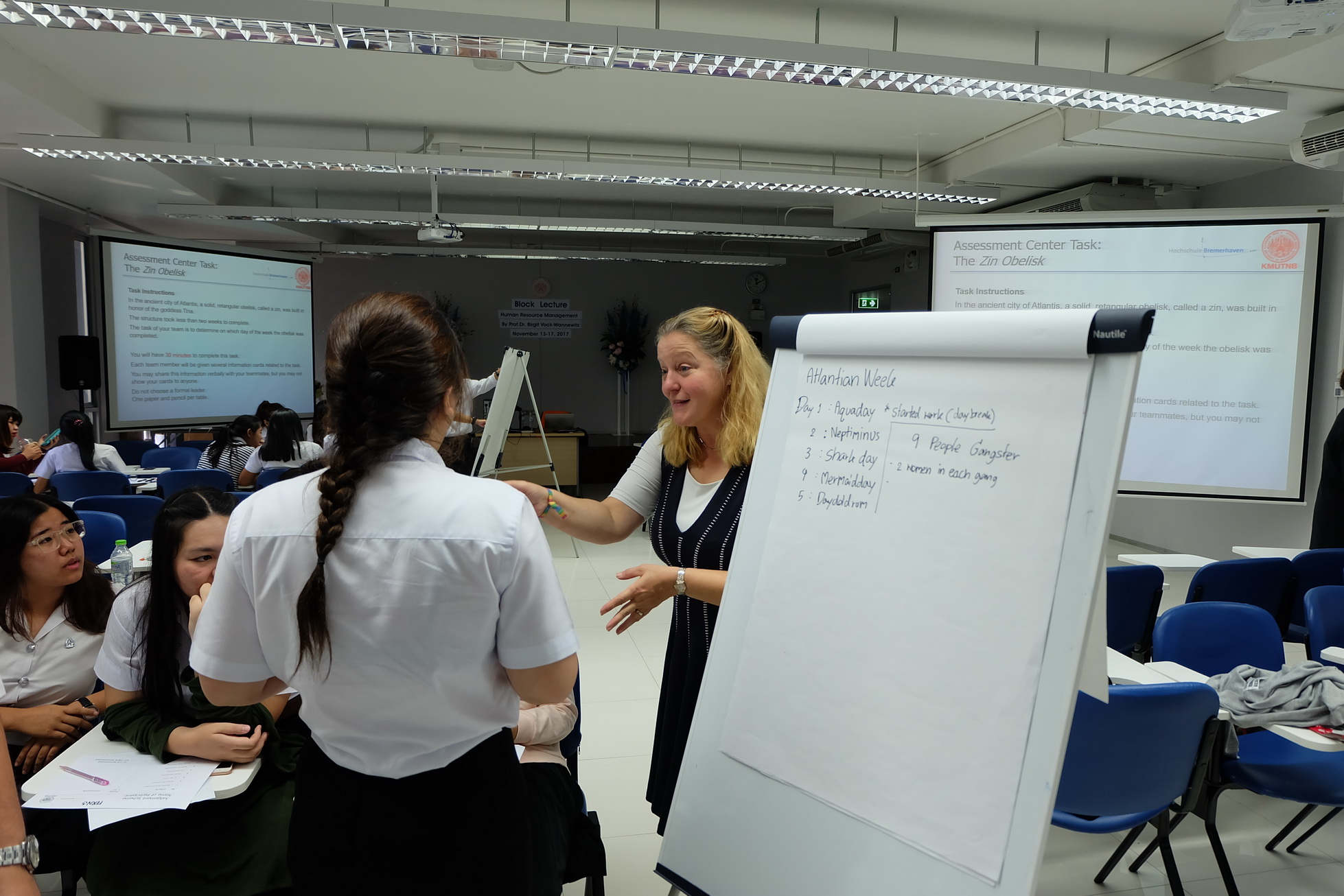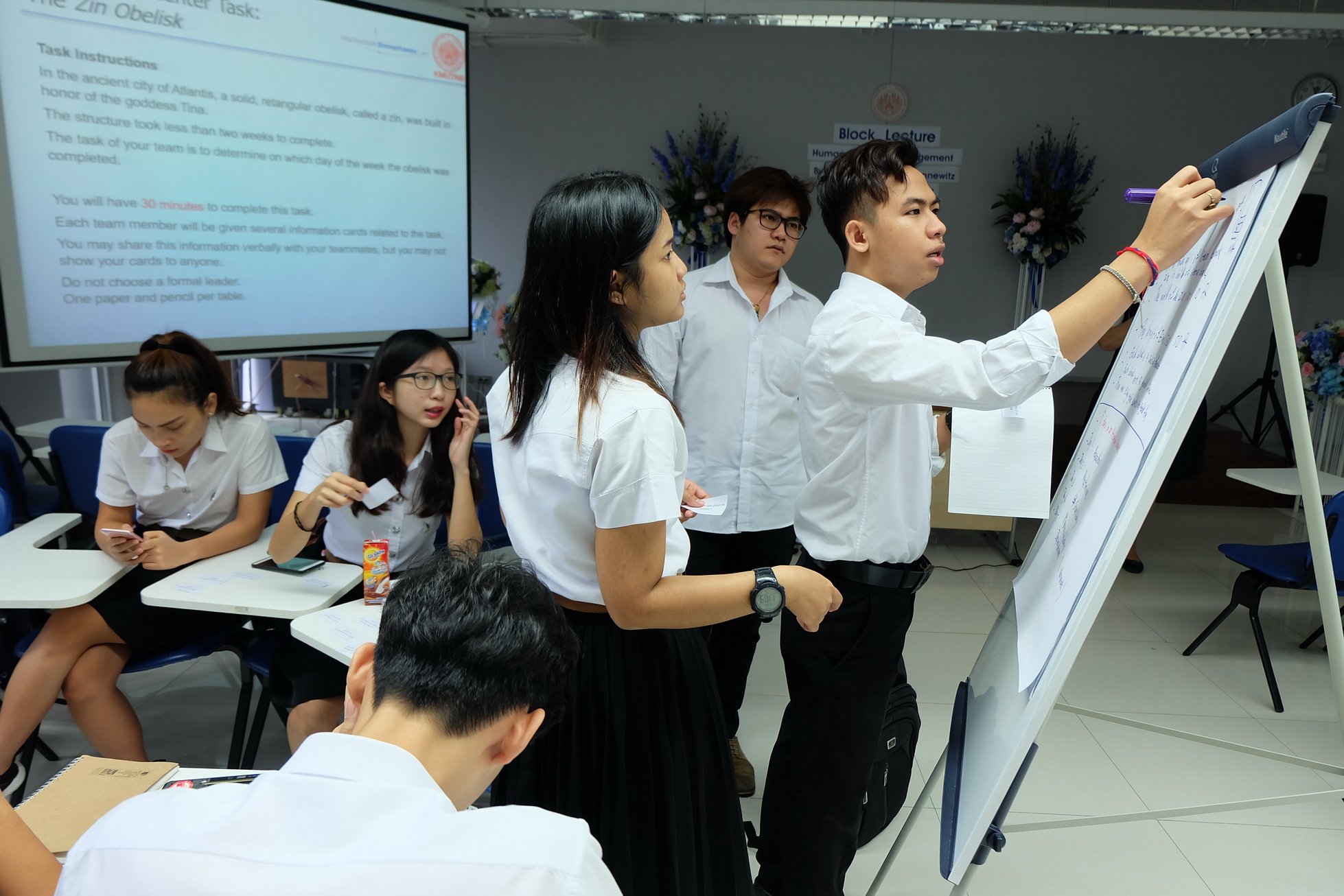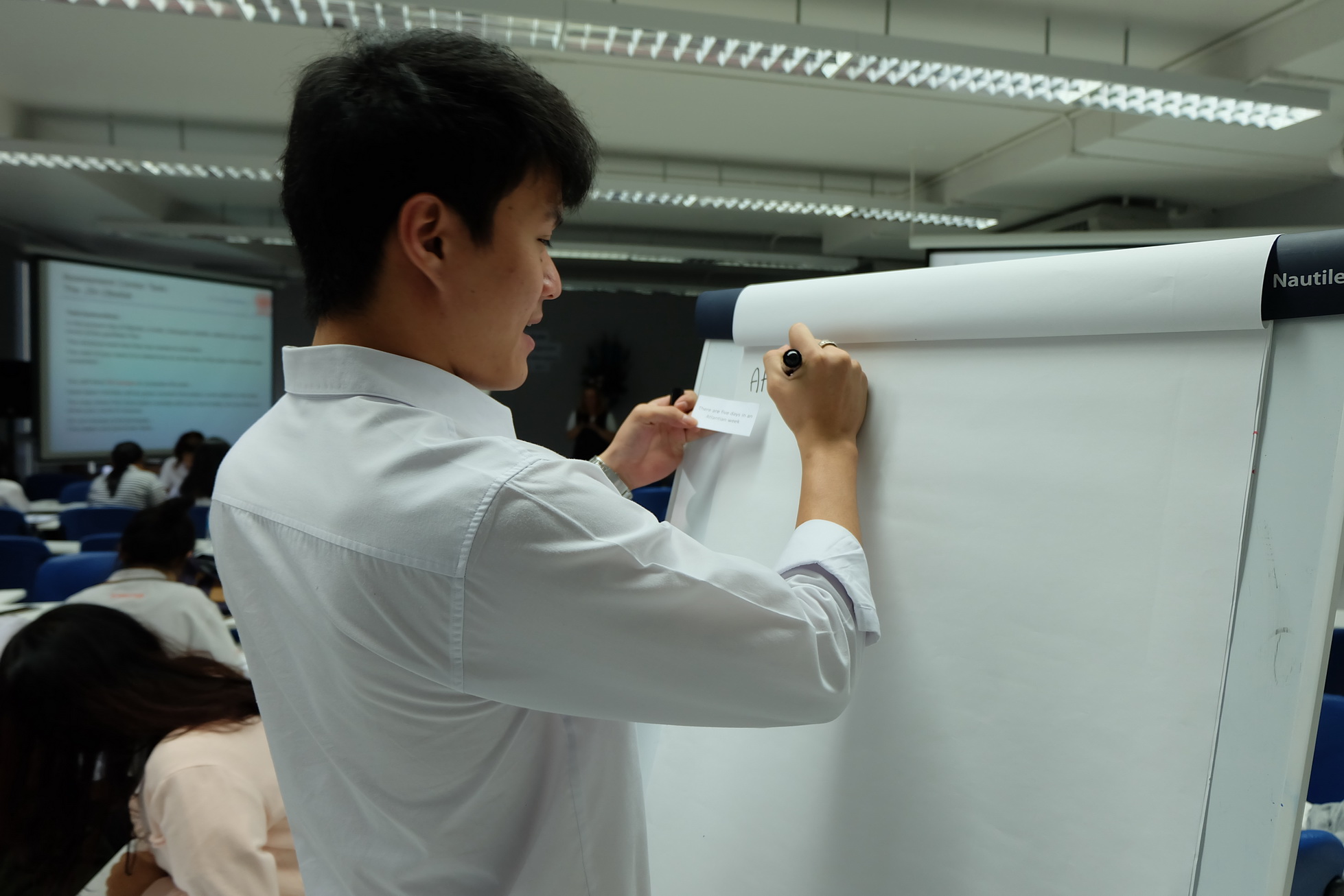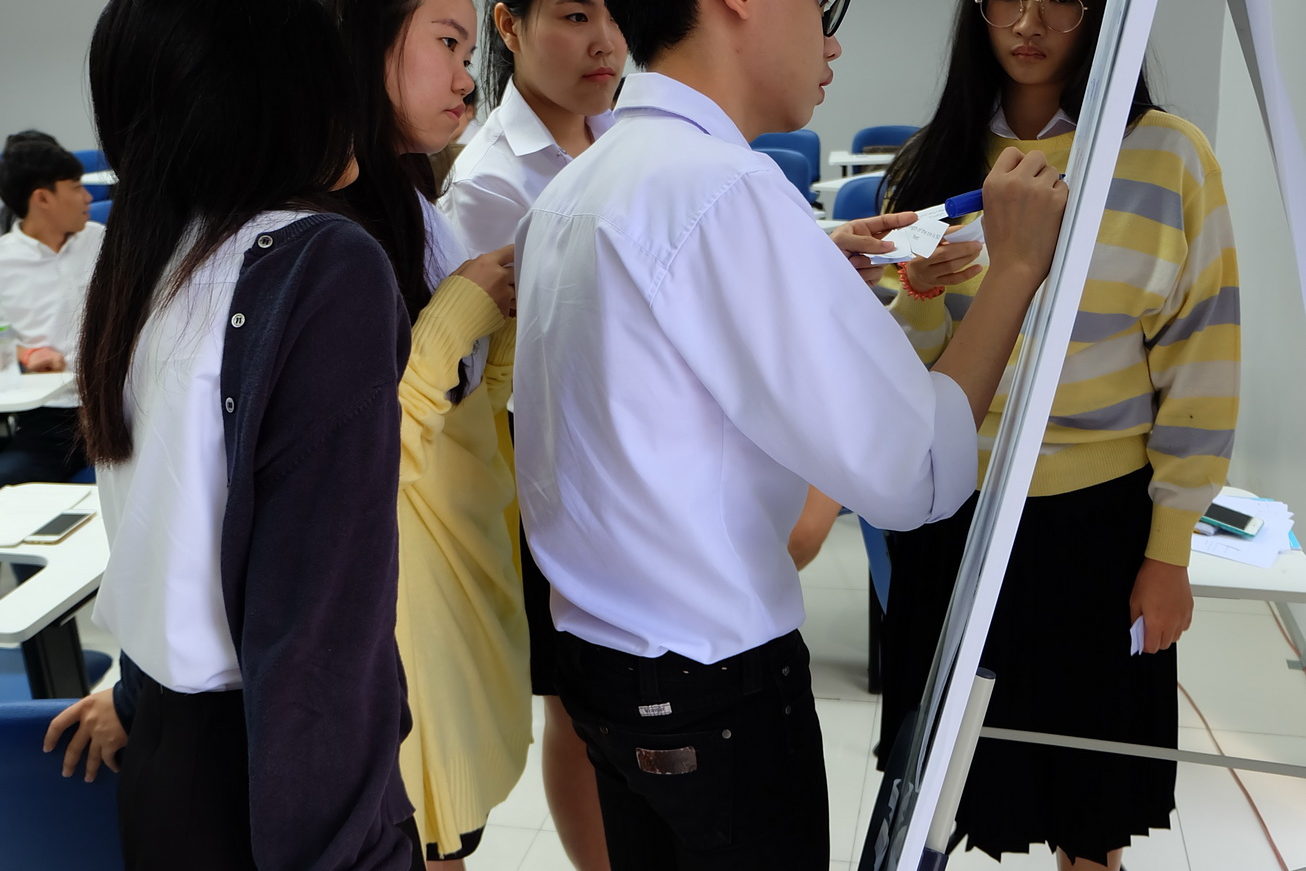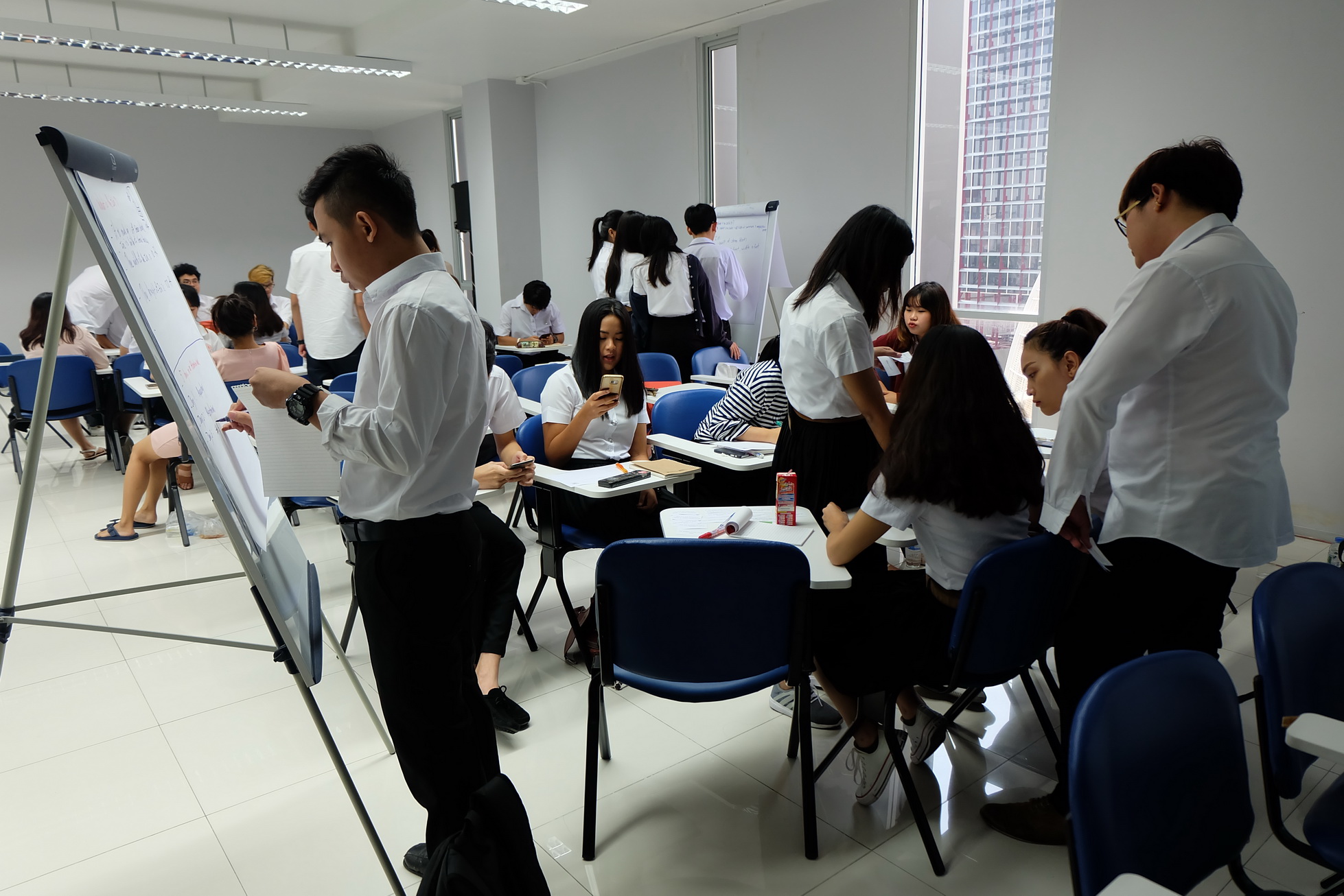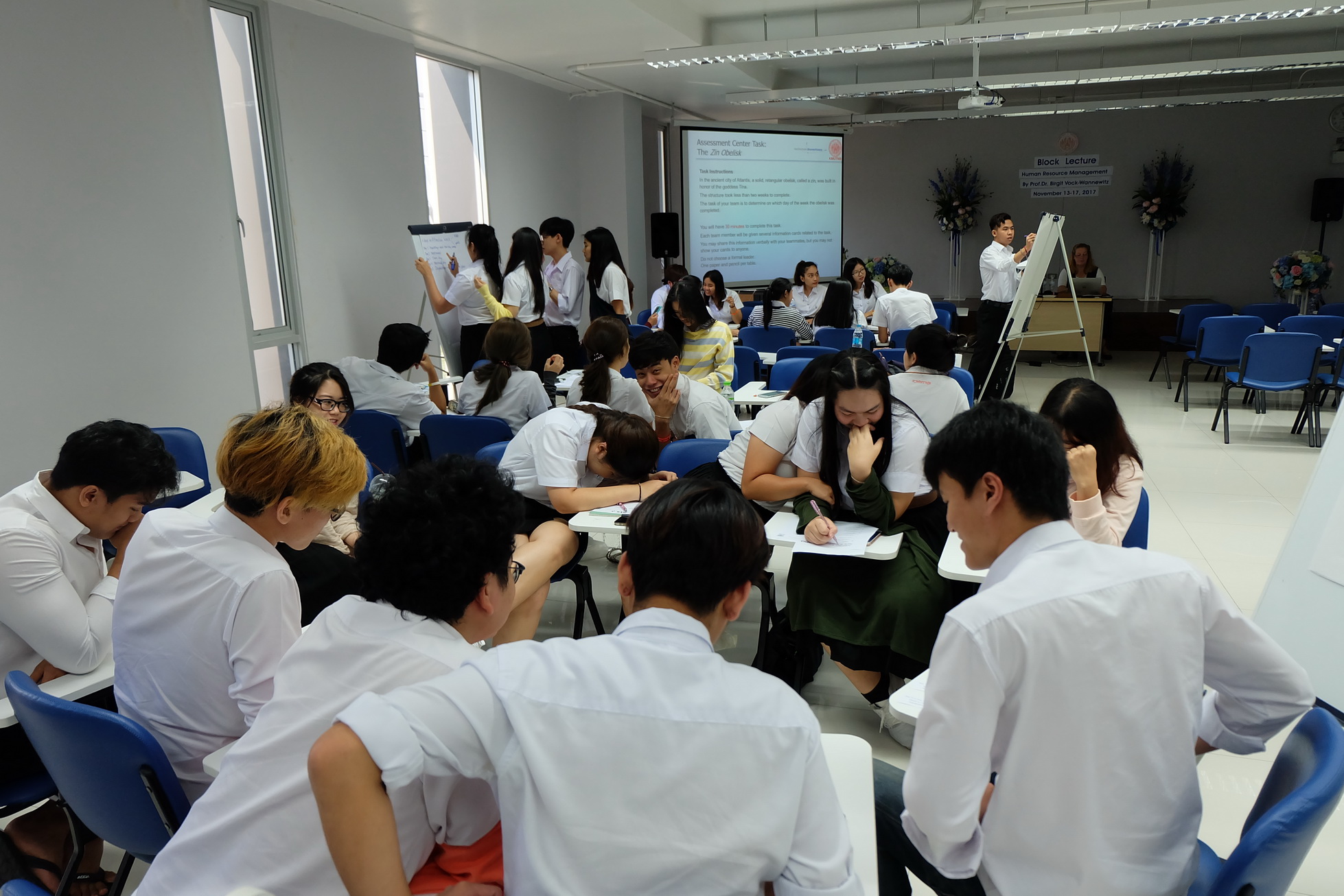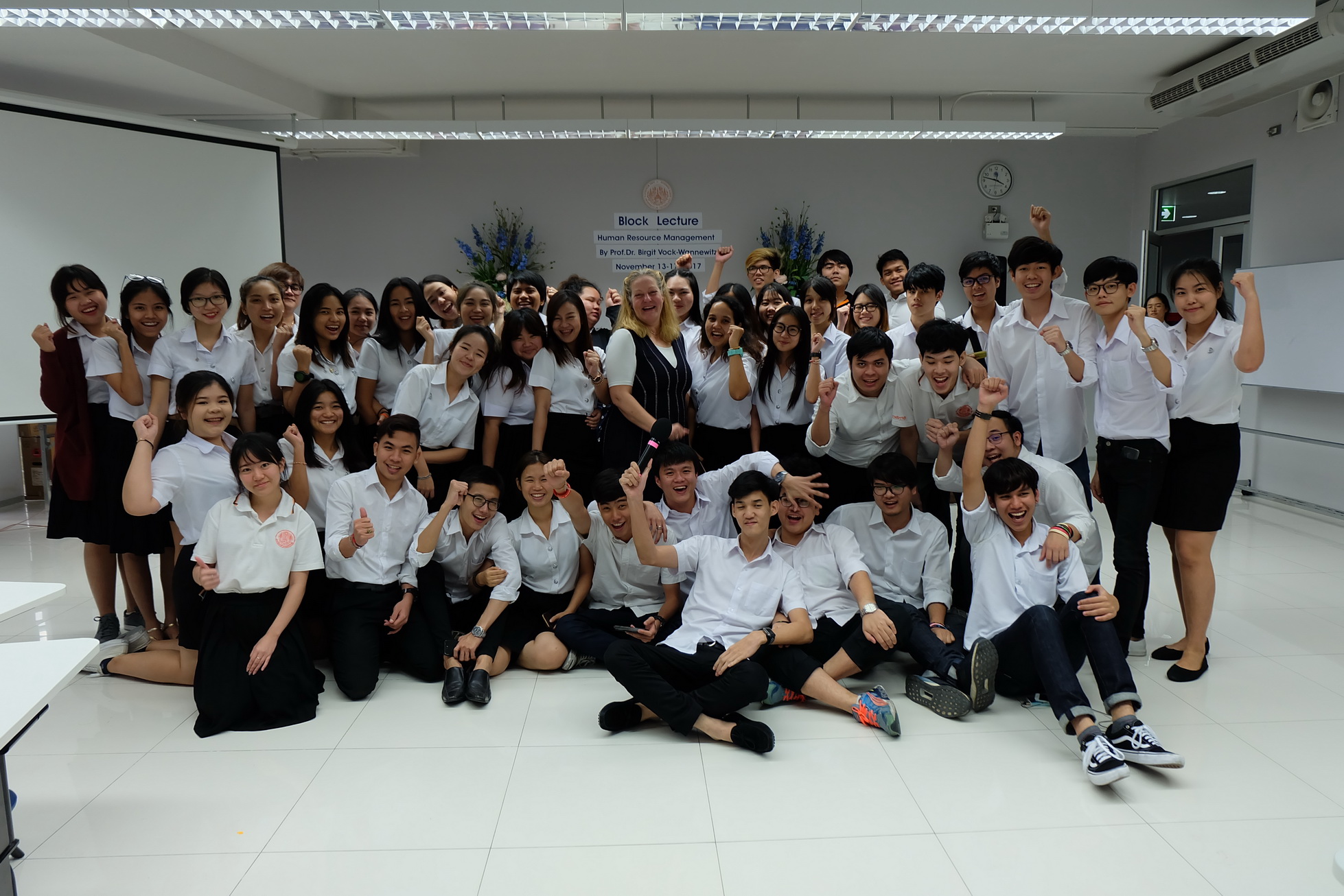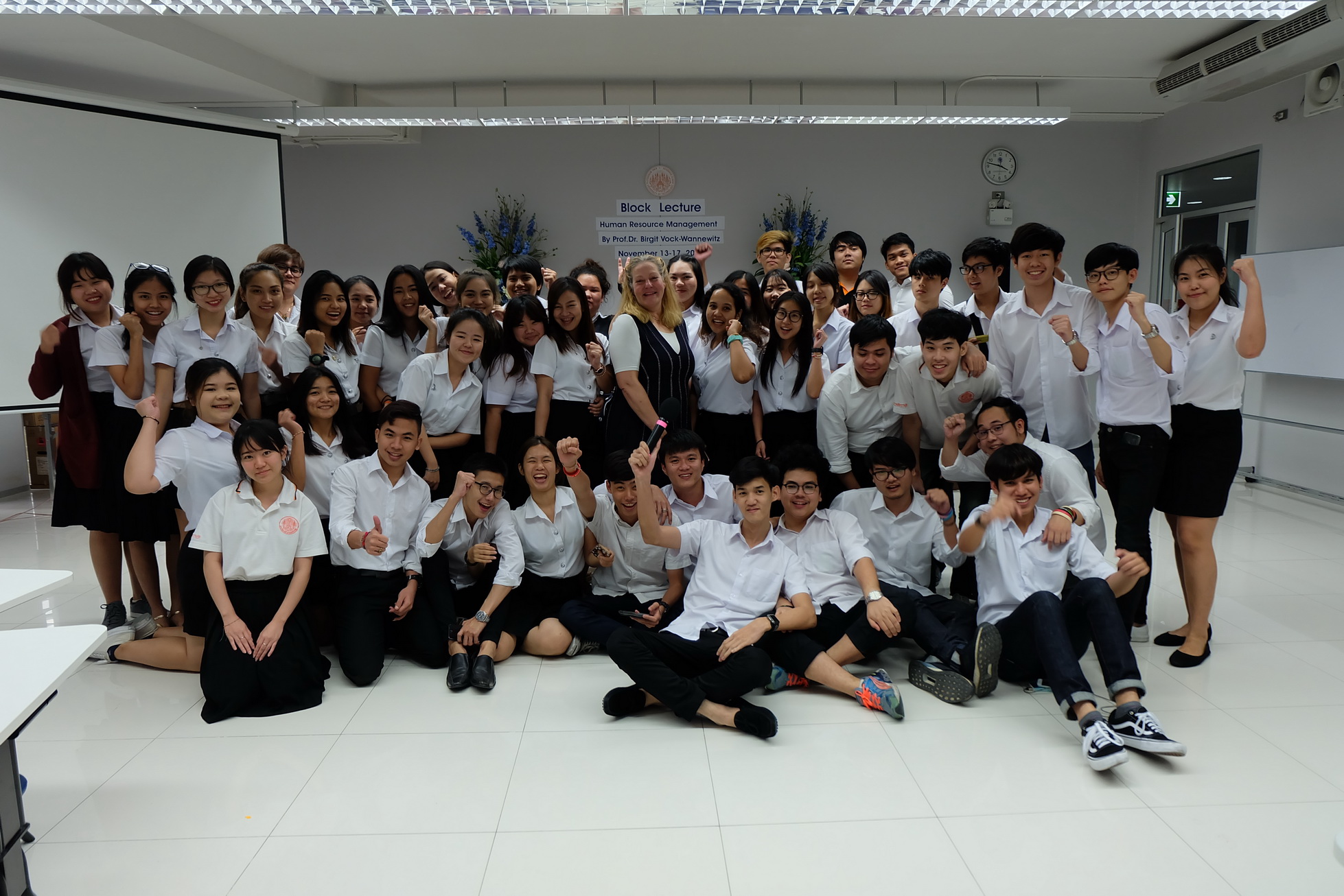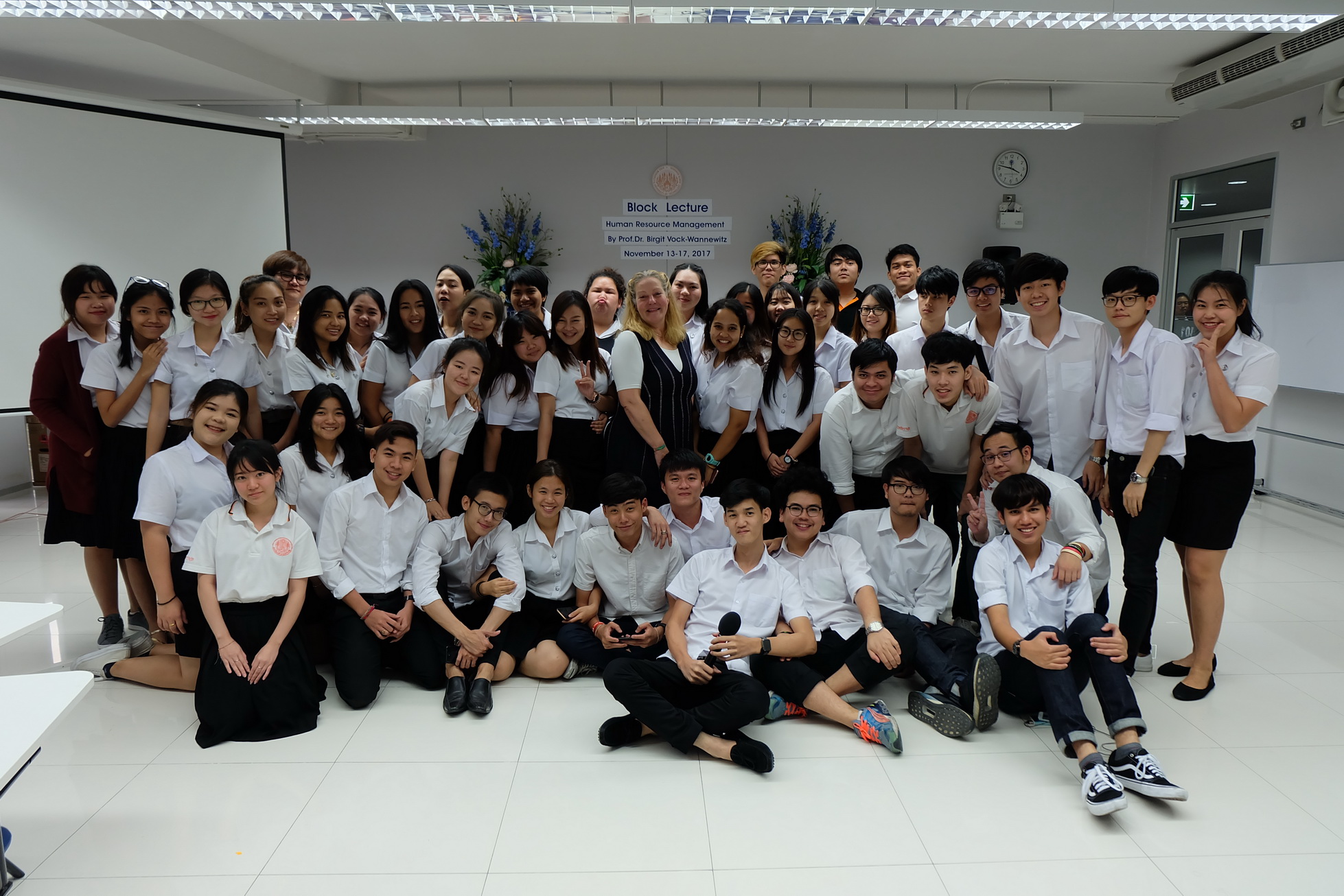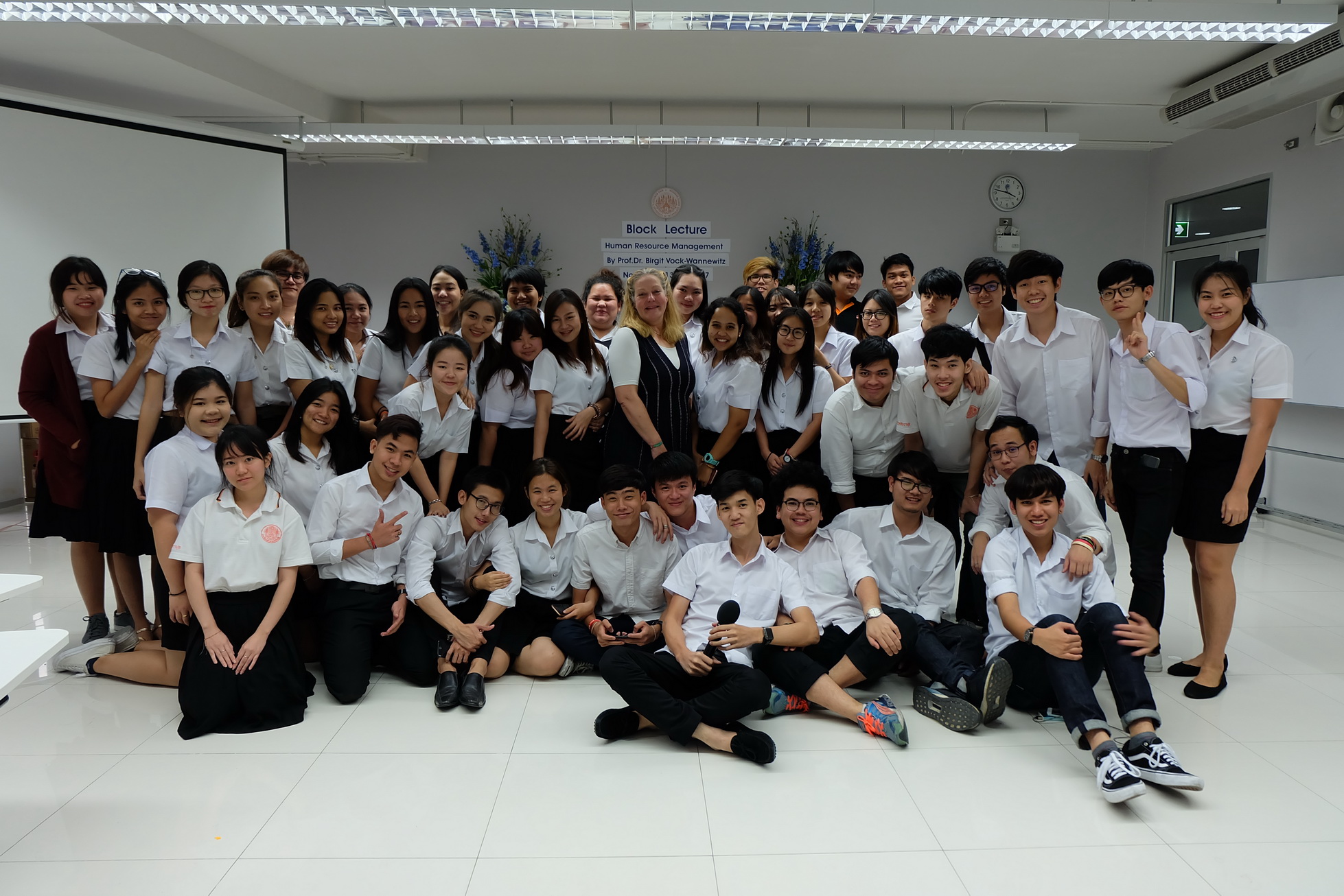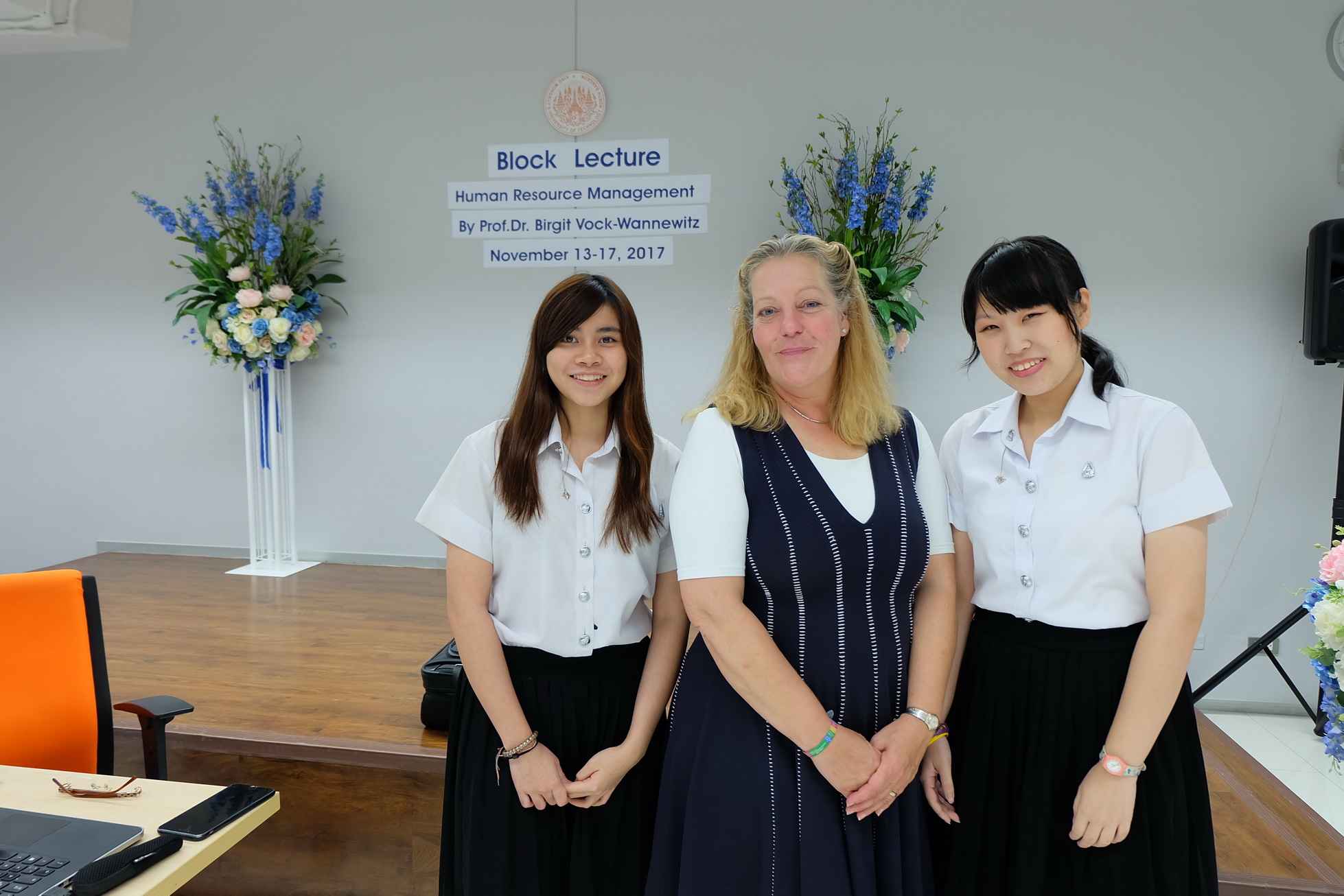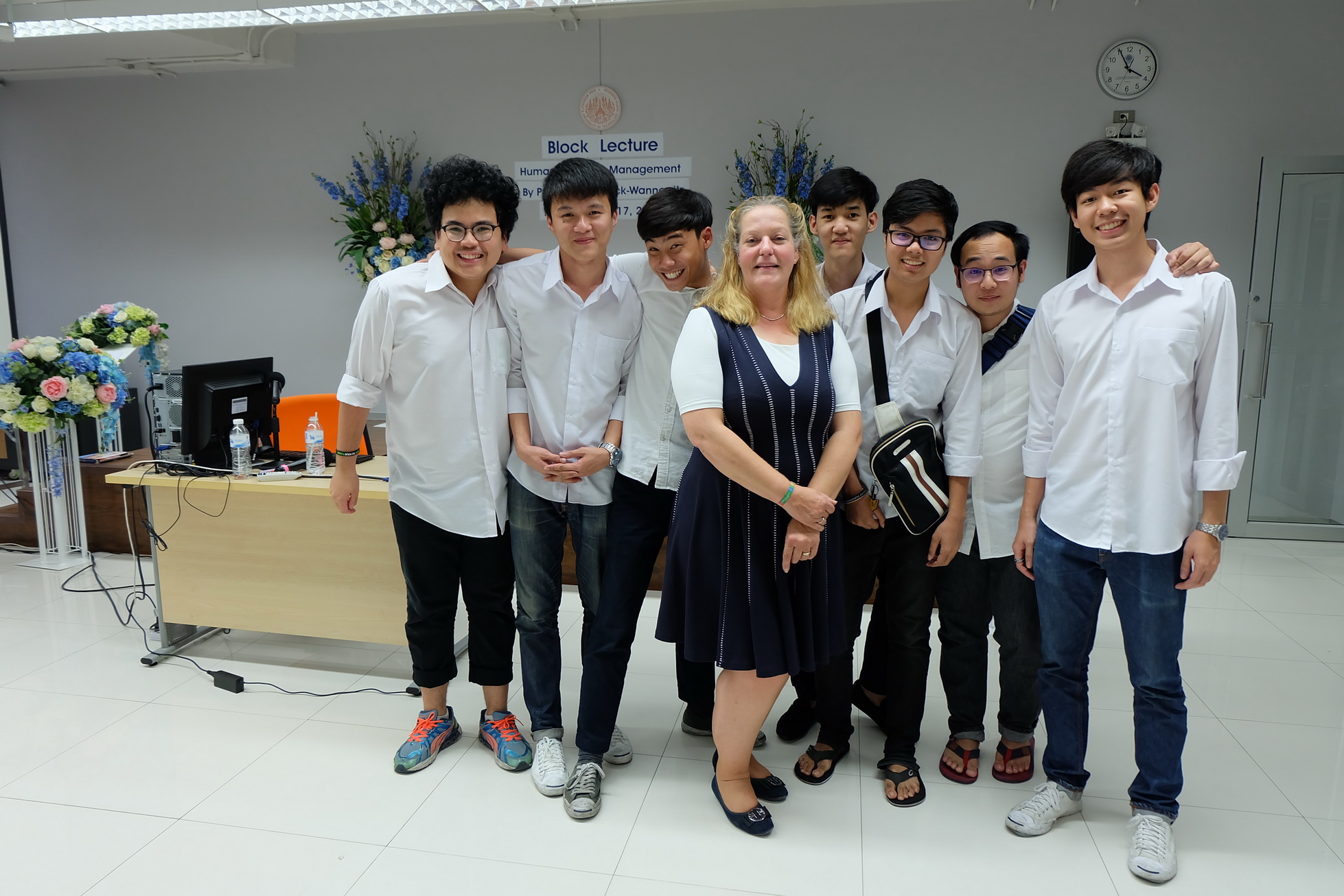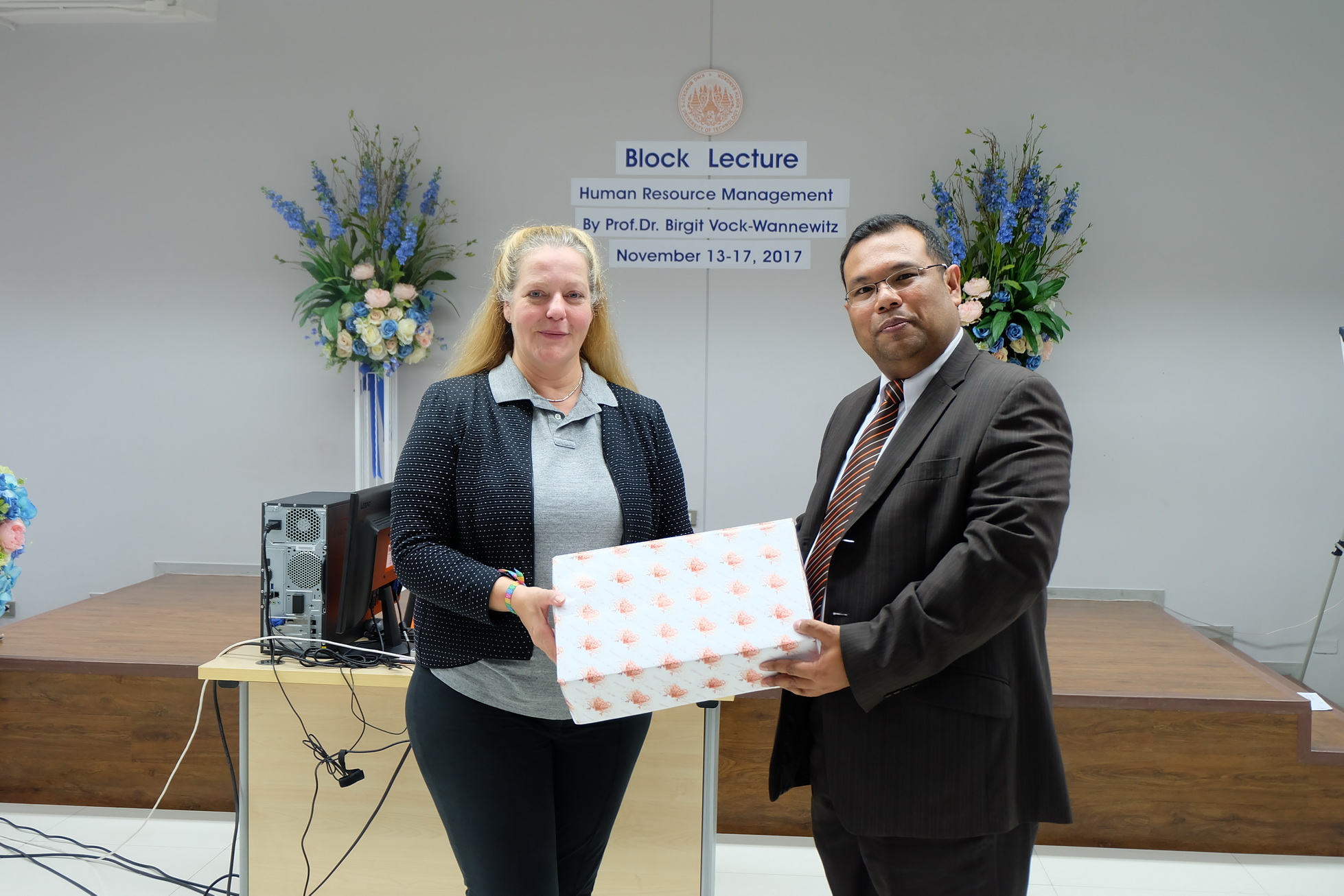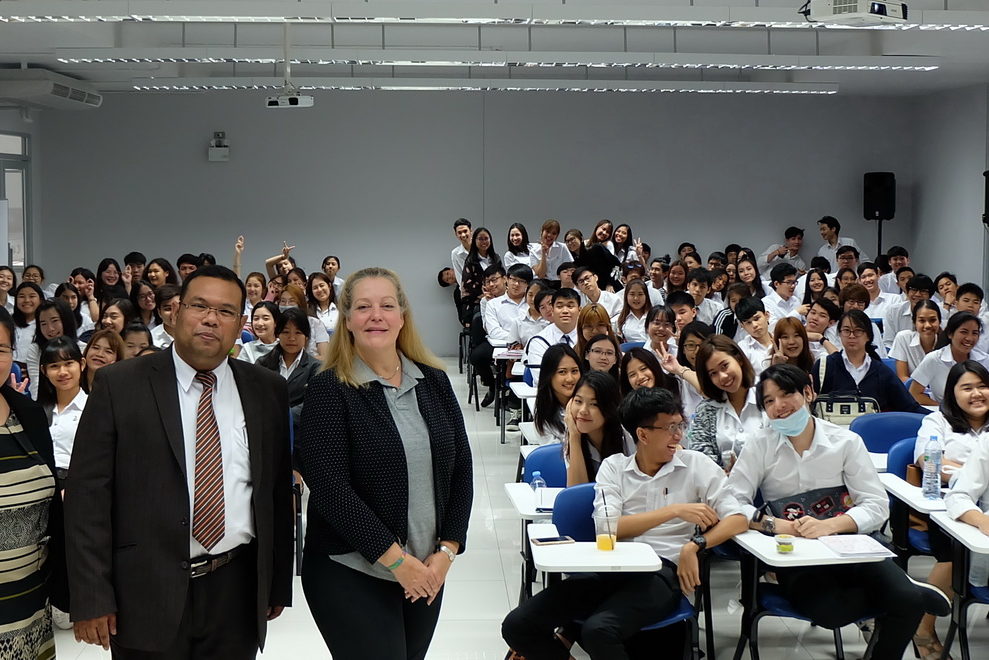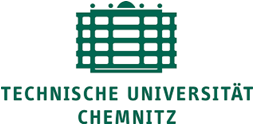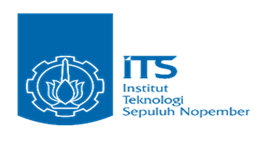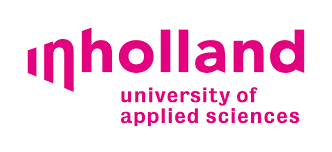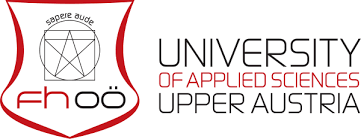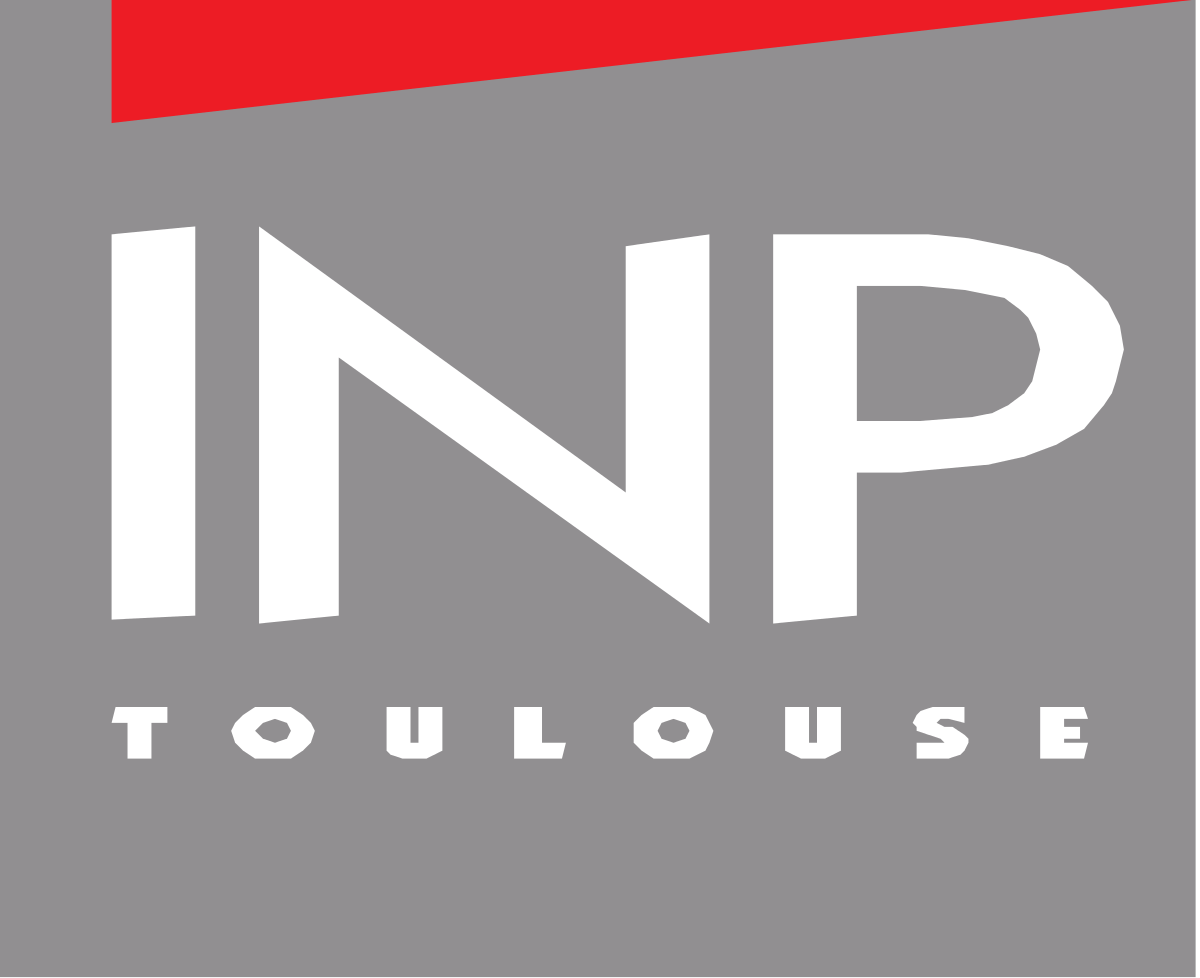Asian Identity’s visit 10th October 2024

Asian Indentity’s CEO, Mr Nakaruma (Jack), along with colleagues Phatta and Am, visited IC-KMUTNB on the 10th of October, delivering an engaging class to the 3rd-year students on reflective learning. Jack’s talk included three exercises where students better understood the practice of reflection, shared experiences and self-discovery. During the first exercise students learnt about reflection and asking questions such as when, how and what. By looking at an action and thinking about how it could be interpreted or shared, the students can express their thinking, feelings or learning. International reflection helps with looking at what is happening around oneself. Dialogues and journaling help with reflection, as writing sharpens one’s thinking. Hence, students learn in many ways from reflection. There are many forms of learning, with Experiential learning being the 3rd generation of learning which is now coming to the fore. Previously, the 2nd generation of learning involved project-based learning, and the 1st generation involved Lecturer and case-study-based learning. With Experiential learning, there is a shared learning where formal theory and folk theory merge. Thus not just from a classroom but also from experiences gained by oneself and the community.
The second exercise involved the students reflecting on an event, themselves in that event and how they felt. Then, the students shared what they had written in small groups. Afterwards, students wrote down what they had learnt in the dialogue. Reflection is giving advice to yourself. We can manage our behaviour. By reflecting on an event, we can see ourselves and learn.
Mr. Nakaruma stressed the difference between a discussion and a dialogue. A discussion focuses on what you think, using logic to reach the goal of building consensus. A dialogue, however, focuses on how you feel, relying on emotion to reach the goal of creating new wisdom. Also, Jack talked about coachable skills such as active listening (enhancing understanding), questioning (exploring more) and feedforward (future development).
The session ended with the third exercise in understanding one’s values. Events occur, but there is much more that is not visible. What patterns are repeated, what are the reasons for the repetitions (structure) and what kind of person one is (mental model) are invisible. The self-discovery exercise challenged the students to think about themselves and their role in events around them. In the end, several copies of Mr Nakaruma’s book about learning at work were given to the students. These gifts from Asian Identity (https://www.asian-







